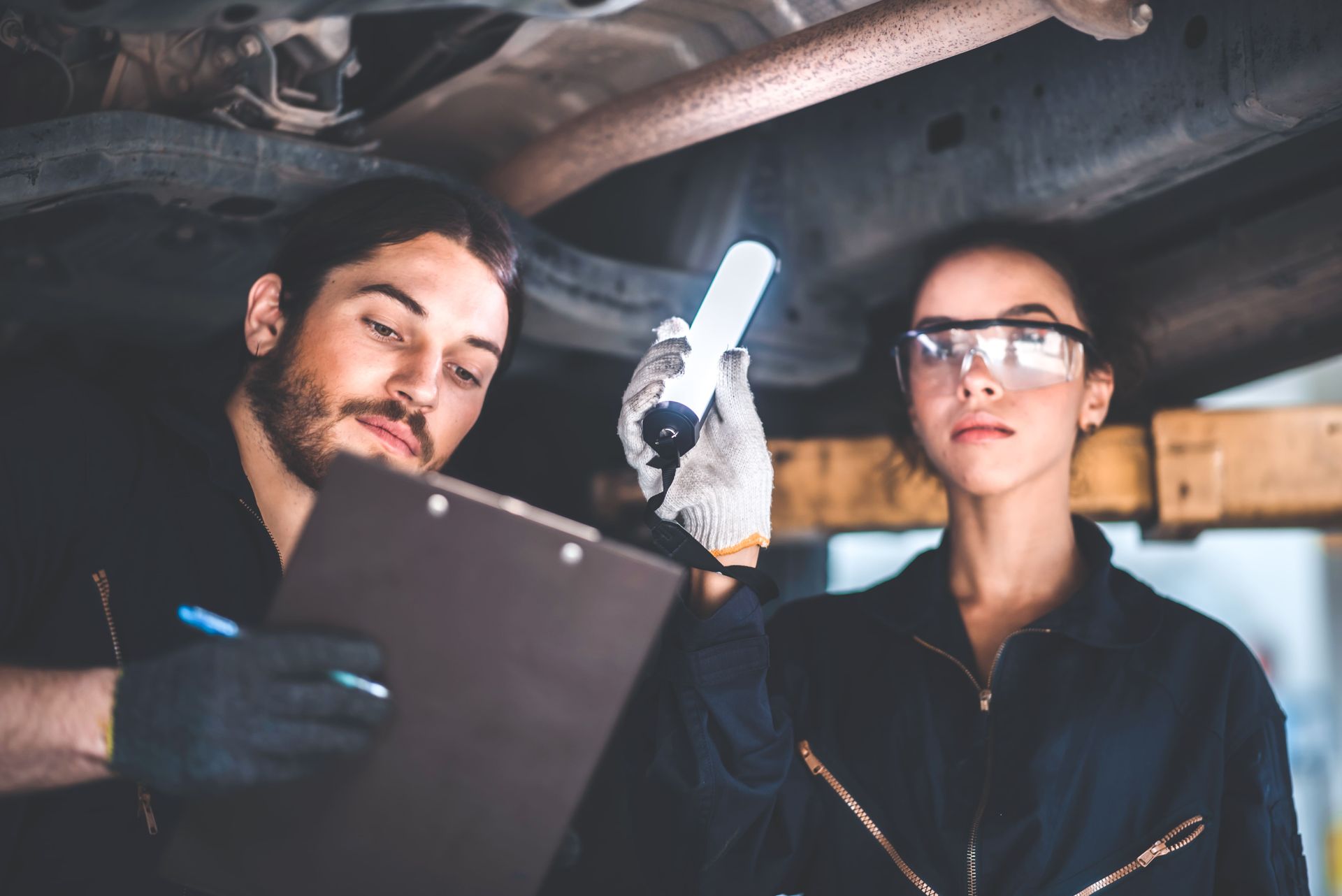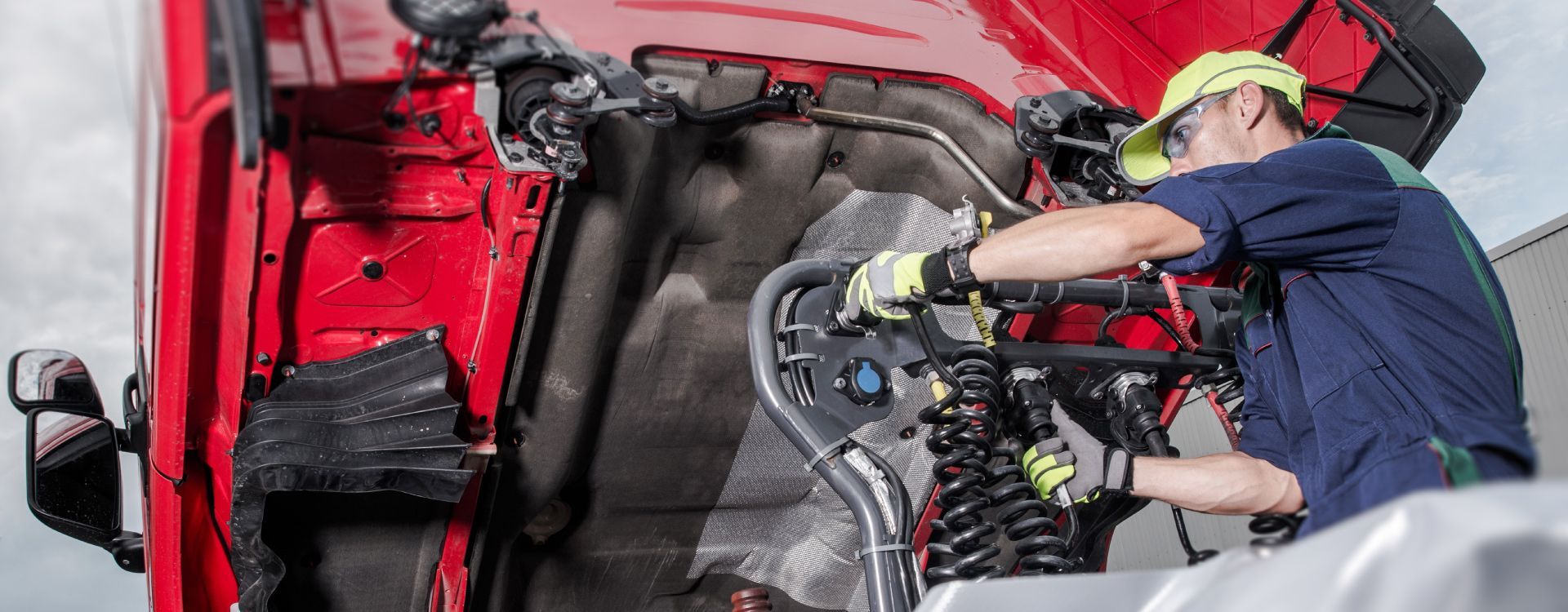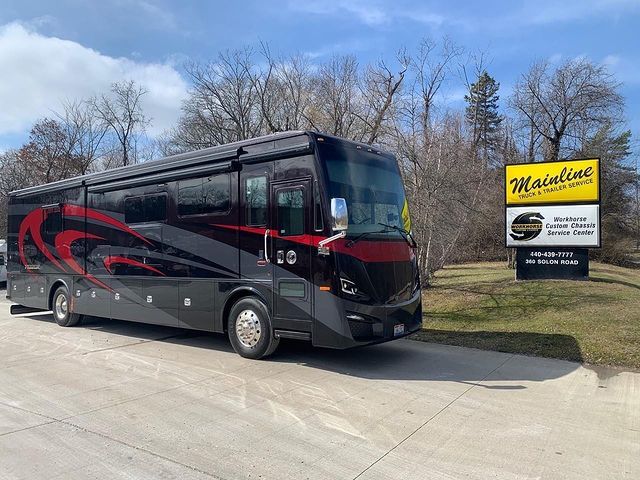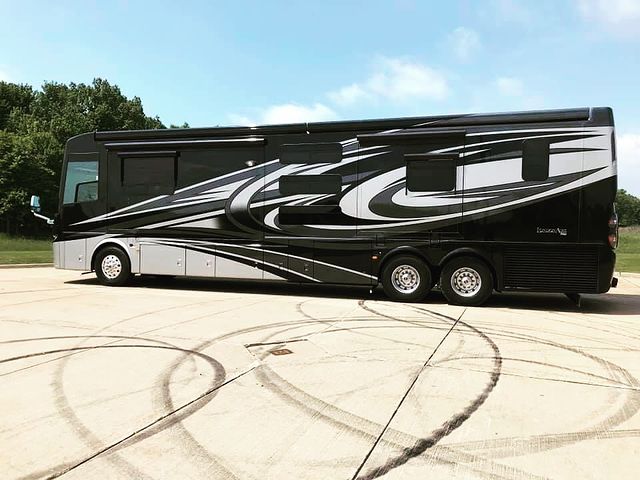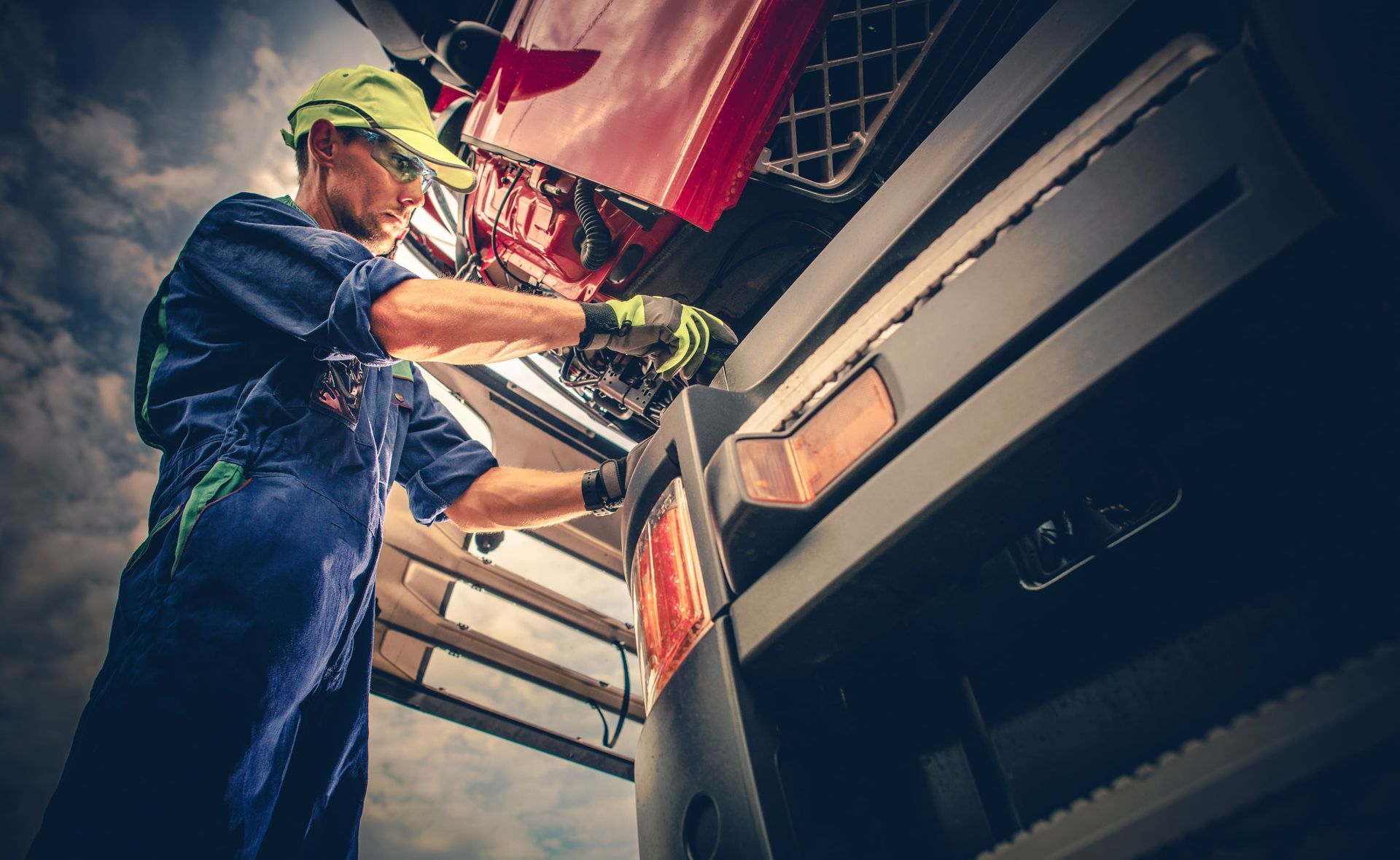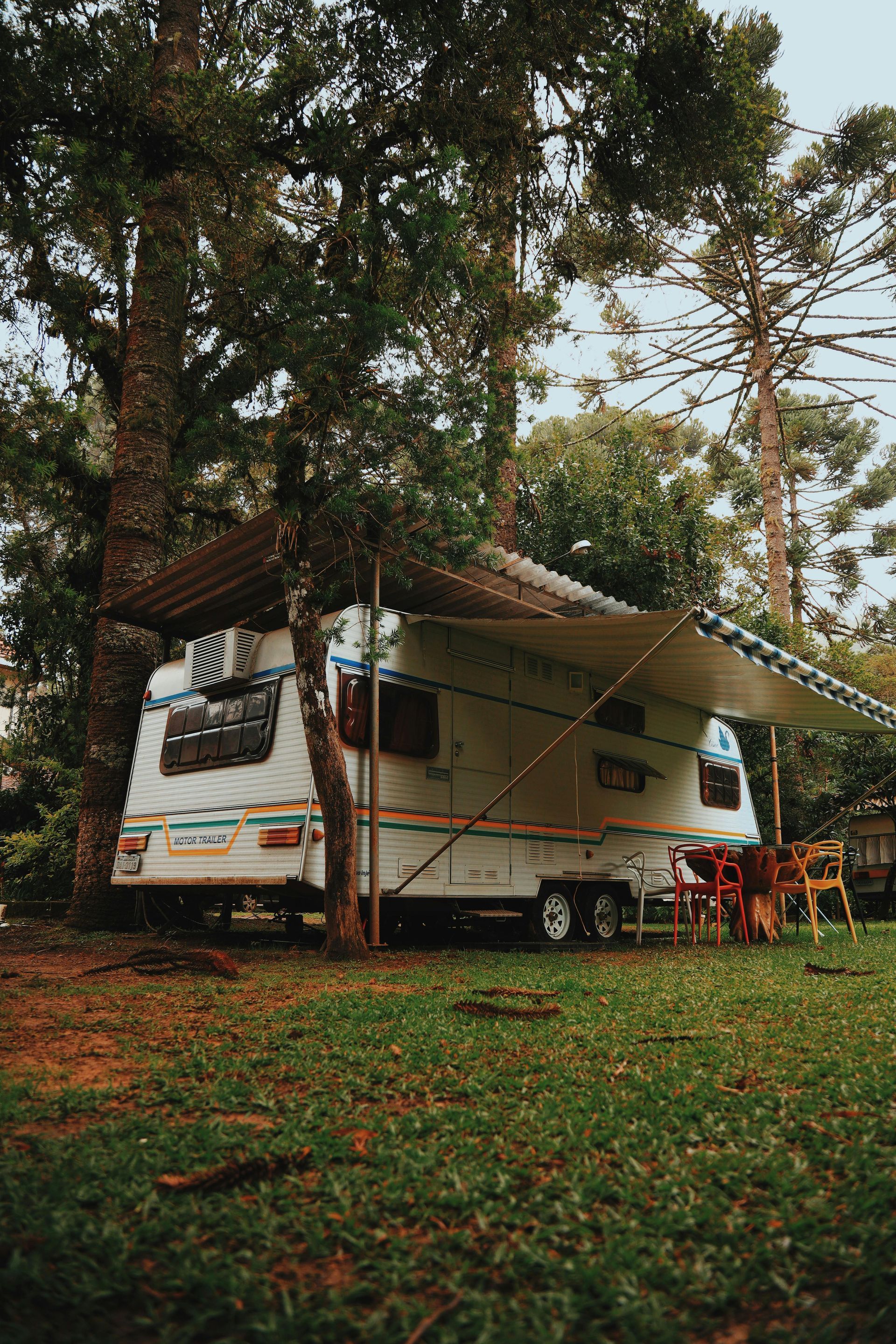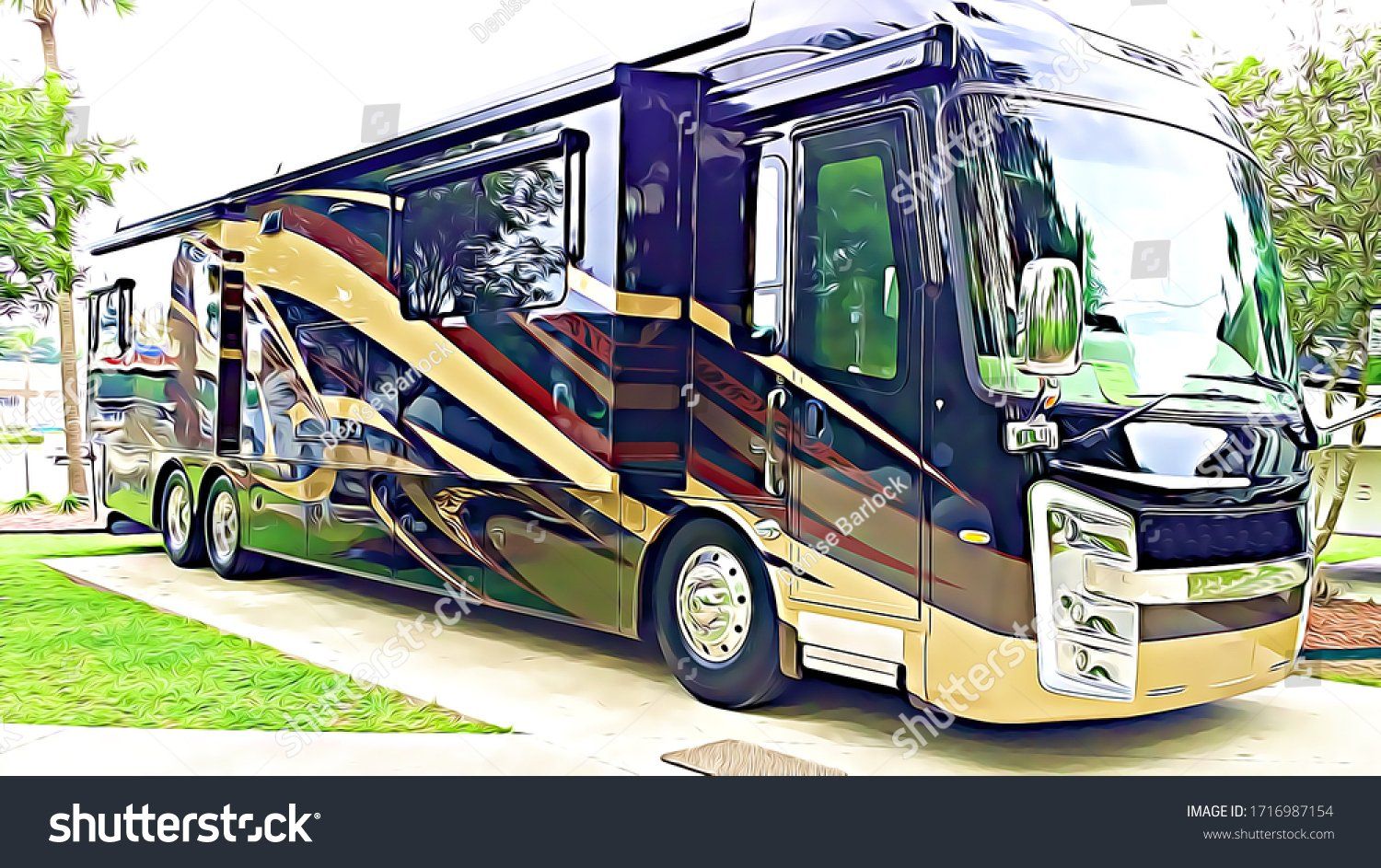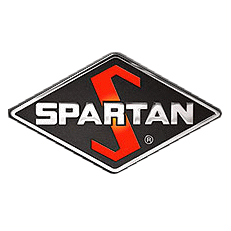The Complete Guide to Optimizing Your Trailer Suspension System
The Complete Guide to Optimizing Your Trailer Suspension System

Choosing the right trailer suspension is crucial for providing a smooth and safe ride when towing. The suspension helps absorb road shocks and stabilize the trailer. There are several common types of trailer suspension systems, each with its own pros and cons. Here is an overview of the most common trailer suspension types and things to consider for the best RV suspension upgrades.
What Is Trailer Suspension?
Trailer suspension refers to the system of axles, springs, shocks, and linkages which connect a trailer to its wheels. This system serves to absorb bumps in the road to provide a smooth ride. It also stabilizes the trailer and prevents it from excess bouncing or swaying. The suspension helps transfer the weight of the trailer load evenly to the tires while allowing the wheels to move vertically over bumps.
Why Does Your Trailer Suspension Matter?
Your trailer's suspension affects ride comfort, handling, tire wear, and safety. A poor suspension can make towing difficult and dangerous. Upgrading to a more heavy-duty suspension can allow you to handle heavier loads. The components of the suspension also wear over time and need to be maintained or replaced.
Key reasons to pay attention to your trailer suspension include:
● Ride Comfort - Shock absorption prevents bouncing over bumps.
● Handling - Stability helps prevent swaying or fishtailing.
● Tire Wear - Even weight distribution reduces uneven tire wear.
● Safety - Proper handling from suspension prevents loss of control.
● Load Capacity - Upgraded suspension supports heavier loads.
Types of Trailer Suspension
There are three main types of trailer suspension systems:
Solid Axle Trailer Suspension
This is the most basic type of trailer suspension. A solid axle connects the wheels across the width of the trailer. Leaf springs mount to the underside of the axle to absorb shock.
Pros: Simple, inexpensive, lightweight.
Cons: Limited shock absorption leading to bumpy ride, not suited for heavy loads.
Independent Suspension
Each wheel has its own suspension components including coil springs and shock absorbers. This allows each wheel to move vertically independent of each other.
Pros: Smoother ride, better handling, ideal for heavy loads.
Cons: More complex, expensive to repair and maintain.
Multi-Axle Suspension & Equalizers
Heavy-duty trailers use two or more axles with multiple wheels. Airbags, leaf springs, or torsion bars provide suspension. Load equalizing hitches help distribute weight evenly.
Pros: Supports very heavy loads while improving stability.
Cons: Heavier system reduces payload capacity, more costly.
Upgrading Your Trailer Suspension
Here are some common upgrades to improve trailer suspension:
● Add sway bars and/or upgrade shock absorbers for increased stability.
● Upgrade to a torsion suspension system if currently using leaf springs. Torsion bars provide a smoother ride.
● Install heavy duty springs if hauling heavier loads. This raises weight capacity.
● Replace worn suspension components like bushings to restore ride quality.
Properly setting up your trailer suspension makes towing safer and more enjoyable. Evaluate your needs, inspect current components, and determine if upgrades could improve performance. Investing in the right trailer suspension system pays dividends through better ride quality, handling, and safety.
The Importance of Proper Trailer Suspension
A trailer's suspension system is crucial to providing a smooth, stable, and safe ride while towing. However, trailer suspension is often overlooked compared to the tow vehicle. Here is a comprehensive overview of the role and types of trailer suspension, components, inspection tips, and how to prioritize upgrades. Understanding your trailer's suspension system will help ensure safe and enjoyable towing.
● Absorb road shock - The suspension smooths out bumps in the road to improve ride comfort. Hitting potholes or uneven surfaces at highway speeds can damage the trailer and contents without good shock absorption.
● Stabilize the trailer - Suspension systems enhance handling by preventing excess swaying, bouncing, and loss of tire contact. Stability allows you to maintain control and avoid dangerous fishtailing.
● Support the load - The suspension bears the weight of the trailer load and evenly distributes it to the tires. Insufficient suspension can lead to tire failures, excess wear, or make the trailer hard to control.
● Improve durability - Shock absorption also reduces frame stress and damage to the trailer body, appliances, and interior components over the long term.
Types of Trailer Suspension Systems
There are several common types of suspension used on trailers, ranging from simple to complex:
Leaf Spring Suspension
One or more leaf spring stacks mount to the trailer's axle and frame. This is a simple, inexpensive suspension system commonly used on lighter trailers. However, it provides limited shock absorption leading to a stiff ride.
Torsion Bar Suspension
Torsion bars mount to the trailer frame and twist to absorb shock. This system offers improved ride quality over leaf springs. Torsion suspensions often include shock absorbers for added damping.
Coil Spring Suspension
Coil springs surround the shock absorbers and mount to brackets on the frame. Each wheel can move independently, providing a smooth ride. Coil suspensions are more complex and expensive than leaf springs but excellent for heavy loads.
Air Suspension
Replace coil and leaf springs with inflatable airbags mounted to the frame. The pressure can be adjusted to improve ride quality and support heavy loads. More complex, costly, and vulnerable to many problems, this suspension offers superior performance.
Independent Suspension
Uses a combination of control arms, shocks, and springs so each wheel can move vertically independently of the other. Provides the smoothest ride but most expensive system. Common on boat trailers and high-end RVs.
Fifth Wheel Suspension
Fifth wheel hitches have special short sliding suspensions to stabilize the trailer while allowing the hitch to pivot. Gooseneck hitches often use airbags for adjustable suspension.
Trailer Suspension Components
Beyond the spring type, there are other important components that make up the entire suspension system:
Shock Absorbers - Provide additional damping between the axle and frame to limit bouncing after hitting bumps. Critical for stability.
Sway Bars - Bar links the two wheels together side-to-side to reduce body roll. Improves handling when cornering.
Brackets - Mount the springs, shackles, and shocks to the axle and frame. Distribute forces evenly.
Hangers - Attach leaf springs to the frame using bolts or shackles.
Shackles - Pivot point that attaches leaf springs to hangers allowing the suspension to flex.
U-Bolts - Wrap around the axle and through the spring eye to hold the spring securely to the axle.
Bushings - Cushions at pivot points like shackles and spring eyelets to dampen vibration and friction.
Kingpin - The pivot point beneath a fifth wheel hitch that allows it to articulate.
Air Springs - Flexible reinforced rubber bladders that provide suspension through adjustable air pressure.
Linkages - On independent suspension, uses control arms and ball joints to allow wheel motion.
Inspecting Your Trailer Suspension
Unless there are obvious problems like sagging, worn tires, or cracked springs, the suspension components are often overlooked. But worn parts can lead to blowouts, broken axles, swaying, and loss of control.
Follow this checklist to thoroughly inspect your trailer suspension:
● Check for cracked, broken, or missing leaf springs. Tap them with a hammer to listen for ringing that indicates cracks.
● Inspect rubber torsion bars for excessive twisting or cracking. Measure ride height for unevenness.
● Look for corroded, bent, or worn U-bolts and brackets. These hold the spring to the axle.
● Confirm welds tying suspension mounts to the frame are solid. No cracks.
● Shackles and bushings should not show excessive play or be deformed. Lubricate shackles.
● Shock absorbers should dampen smoothly without leaking fluid. Mounts should be tight.
● Sway bars links should be secure and allow free movement as intended.
● No debris buildup around components that could impede motion.
● Check for signs of rust, damage, or loose components.
Ideally, have a certified mechanic conduct a full inspection annually and correct any issues immediately. Don't ignore suspension problems that could lead to a breakdown or accident.
Prioritizing Your Trailer Suspension Upgrades
If your trailer's suspension is outdated, worn or poorly matched to your load, consider upgrades:
Add Sway Control - Begin with sway bars and good shocks for better stability at highway speeds before towing.
Inspect Weight Rating - Ensure the suspension is rated for your trailer's typical loaded weight. Exceeding this strains the components.
Upgrade Springs - Move to stiffer leaf springs, adjustable air springs, or torsion bars to handle heavier loads.
Swap Spring Types - Switching to torsion bars or an independent suspension provides a smoother ride.
Replace Worn Parts - Shackles, bushings, and other worn pieces reduce stability. Use OEM replacement parts.
Consider Tires/Wheels - Larger tires and heavy duty wheels help support heavier loads. Match to new springs.
Balance the Load - Distribute weight evenly over both axles and position heavier items toward the front. Never exceed individual tire ratings.
Avoid overloading your trailer and ensure good maintenance to extend the life of your suspension. Invest in upgrades like better shocks and heavier springs to improve towing safety as your needs change over time. Proper trailer suspension prevents accidents and provides a smooth enjoyable ride.
Get in Touch with Mainline RV & Truck Service to Learn More About the Best RV Suspension Upgrades for Your RV
We hope this guide has helped you understand the importance of your trailer's suspension system and the options available for optimizing it. Proper trailer suspension tuning improves towing safety, handling, and comfort.
If you're ready to upgrade your existing suspension or need repairs, contact our experts at Mainline RV & Truck Service for the best RV suspension upgrades. We offer professional installation and maintenance services for all types of trailer and RV suspension systems.
